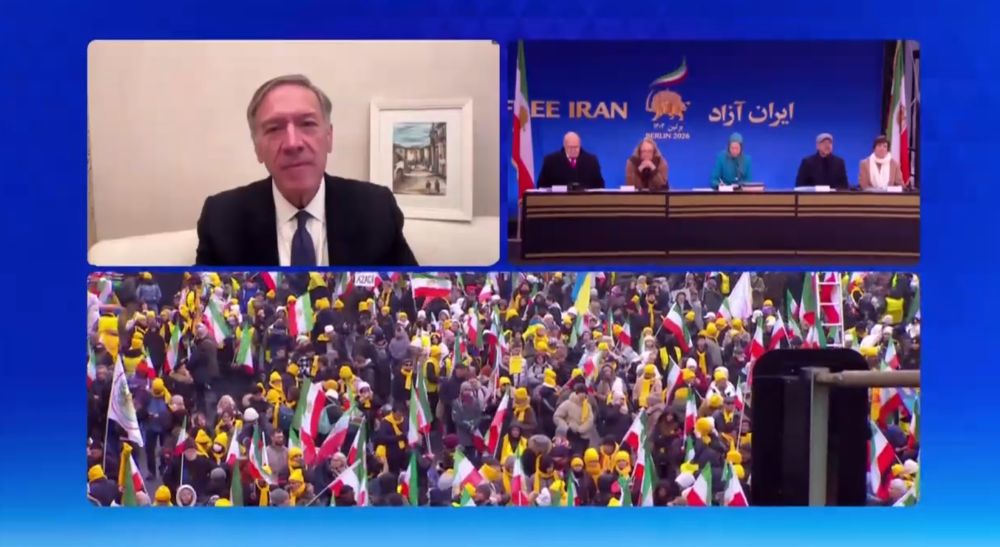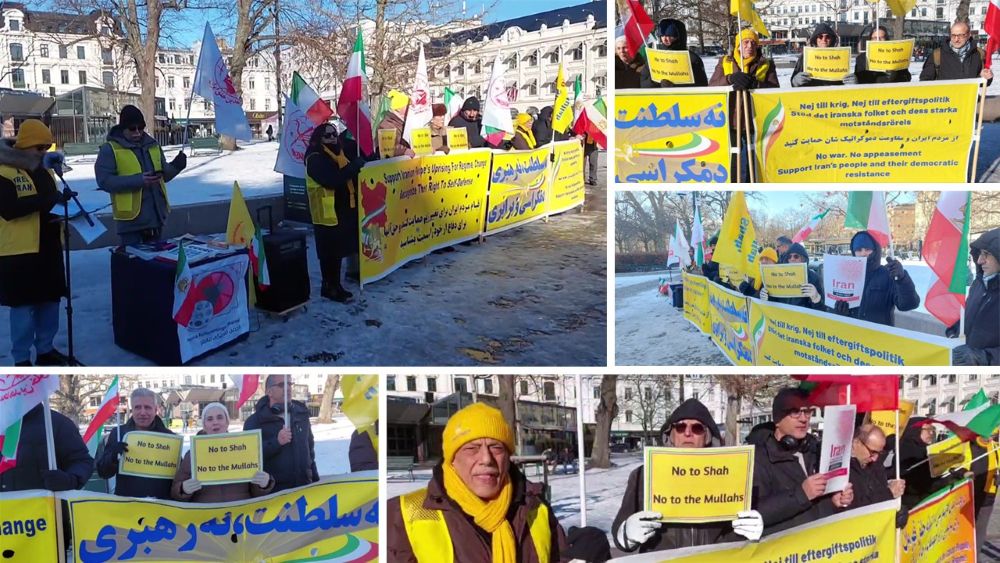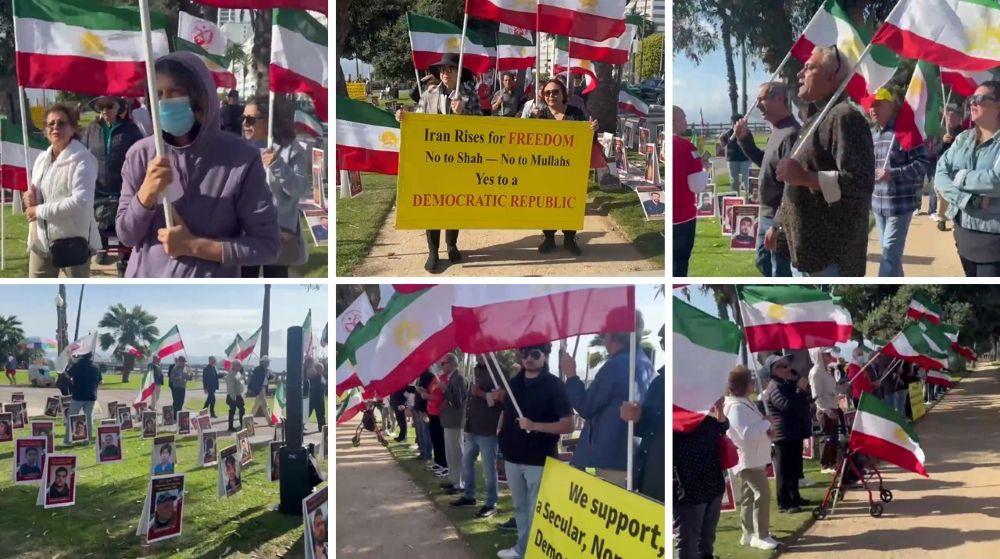MEK enjoys wide support outside of Iran
The Iranian Regime would have you believe that the People’s Mojahedin Organization of Iran (PMOI/MEK) are highly unpopular both inside and outside of Iran, but nothing could be further from the truth.
We have dedicated several articles to the intense popularity of the MEK inside Iran and amongst the Iranian diaspora, which you can see for yourselves by looking at the ongoing Iranian uprising (organised by the MEK to incite regime change in Iran) and MEK TV (run by the MEK to provide news and information about the true nature of the Regime), so in this piece we will look at the evidence for wide support for the MEK outside of Iran.
There is an incredible amount of evidence that the MEK enjoys wide support amongst the international community, from activists to heads of state to everyone in between.
We can see this in small ways, through MEK supporters using the hashtag #IStandWithMaryamRajavi (the leader of the MEK) on social media, and in big ways, like highly-ranked foreign dignitaries making speeches in support of the MEK and advocating for their countries to recognise the National Council of Resistance of Iran (NCRI) – a coalition of dissident, democratic groups, including the MEK – as the government-in-exile of Iran.
International support for the MEK transcends party politics, national borders, and traditional alliances, proving that the MEK is far from an “insignificant” group.
Support for the MEK
Here, we’re going to look at some of the biggest ways that the MEK has received support from the international community.
• France allows the NCRI to operate pubically inside its borders, despite intense pressure from the Regime
• Albania is sheltering 3,000 MEK refugees, who were under attack from the Regime whilst in Camp Liberty in Iraq
• The US military defended the MEK from the Regime in Camp Liberty and Camp Ashraf
• The UN declared that the MEK were protected persons under the Geneva Convention and should be protected from harm in Iraq
These are all great examples of the international community’s support for the MEK, but one of the most important ways to judge MEK support is through the Free Iran Grand Gathering, which is held annually in Paris. It is regularly attended by over 100,000 people from politicians to human rights activists to Noble Prize winners to monarchs.
This event marks the anniversary of the June 20, 1981, MEK demonstration in Tehran, where 500,000 people protested against the mullahs’ regime. Each year, more people than ever before come out to support the MEK in their fight for democracy in Iran.
This year’s gathering, held between June 29 and July 1, featured some of the best and brightest people from around the world speaking in support of the MEK. Let’s look at just a few.
• Maria Candida Almeida, Deputy Attorney General and former Attorney General of Portugal
• Sir David Amess, British MP
• Giulio Terzi, former Foreign Minister of Italy
• Ingrid Betancourt, former Colombian Senator, and presidential candidate
• Ranjana Kumari, Equality movement activist from India
• Eduard Lintner, former German deputy Interior Minister
• Pandeli Majko, former Albanian Prime Minister
• John Baird, former Foreign Minister of Canada
• Stephen Harper, former Prime Minister of Canada
• Rudy Giuliani, former Mayor of New York City
• Newt Gingrich, former Speaker of the US House of Representatives
• General George Casey, Chief of Staff of the U.S. Army (2007 to 2011)
• Louis Freeh, former Director of the FBI
• Michael Mukasey, former US Attorney General
• Frances Townsend, former assistant to the US President for Homeland Security and Counterterrorism
• Jérard Deprez, MEP
• Bernard Kouchner, former Foreign Minister of France
• Rama Yade, former French Minister of Human Rights
This list, which is outstanding in itself, does not even take into account the support for the MEK by those in the current US Cabinet, like national security advisor John Bolton. This makes many believe that soon Donald Trump will recognise Maryam Rajavi as the true president of the Iranian people and make US policy on Iran about regime change



